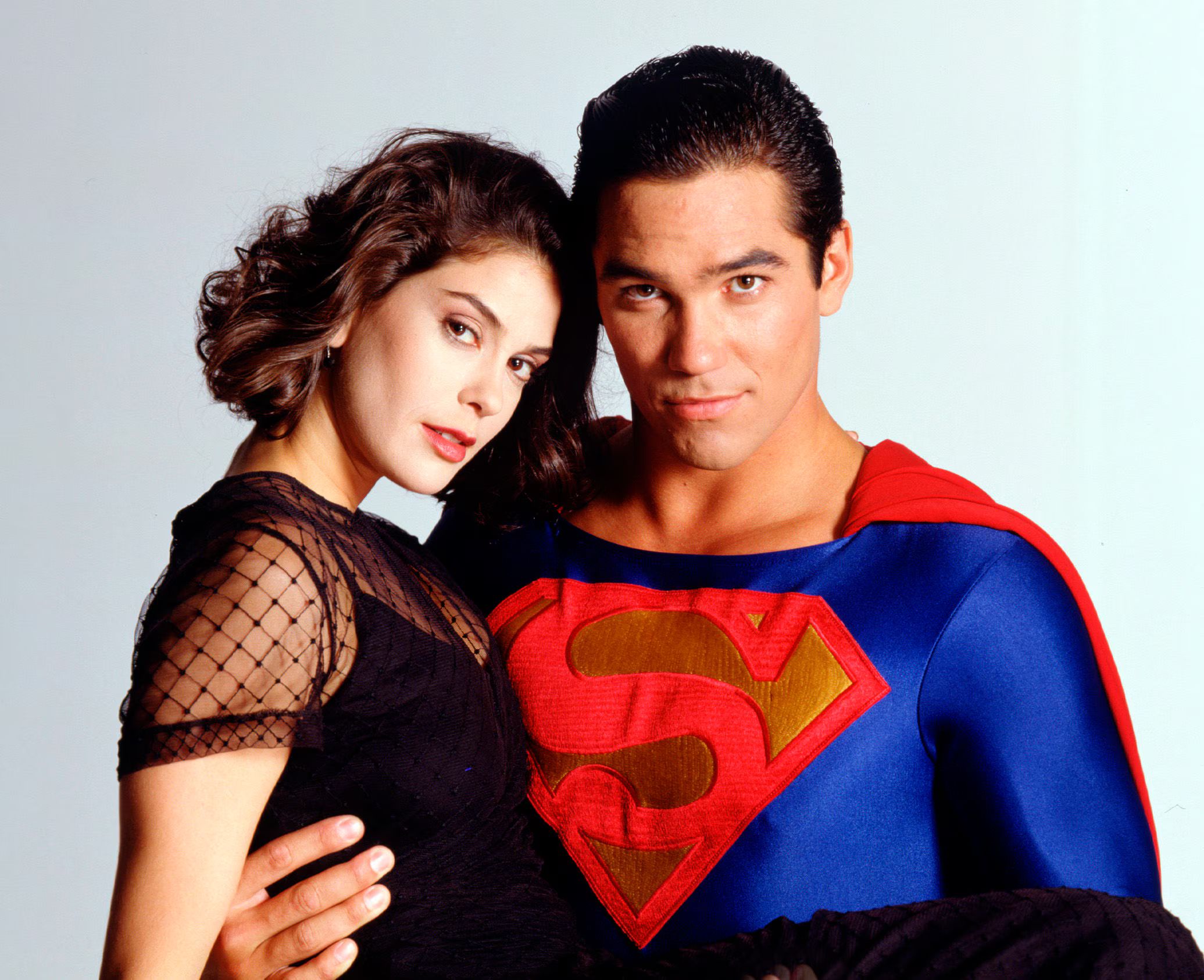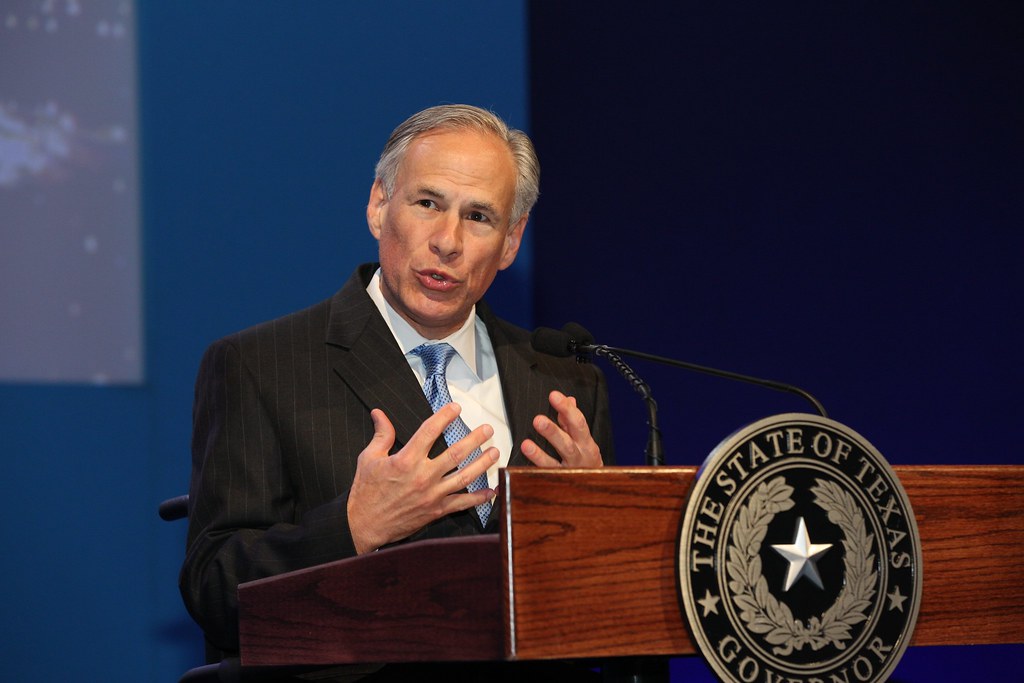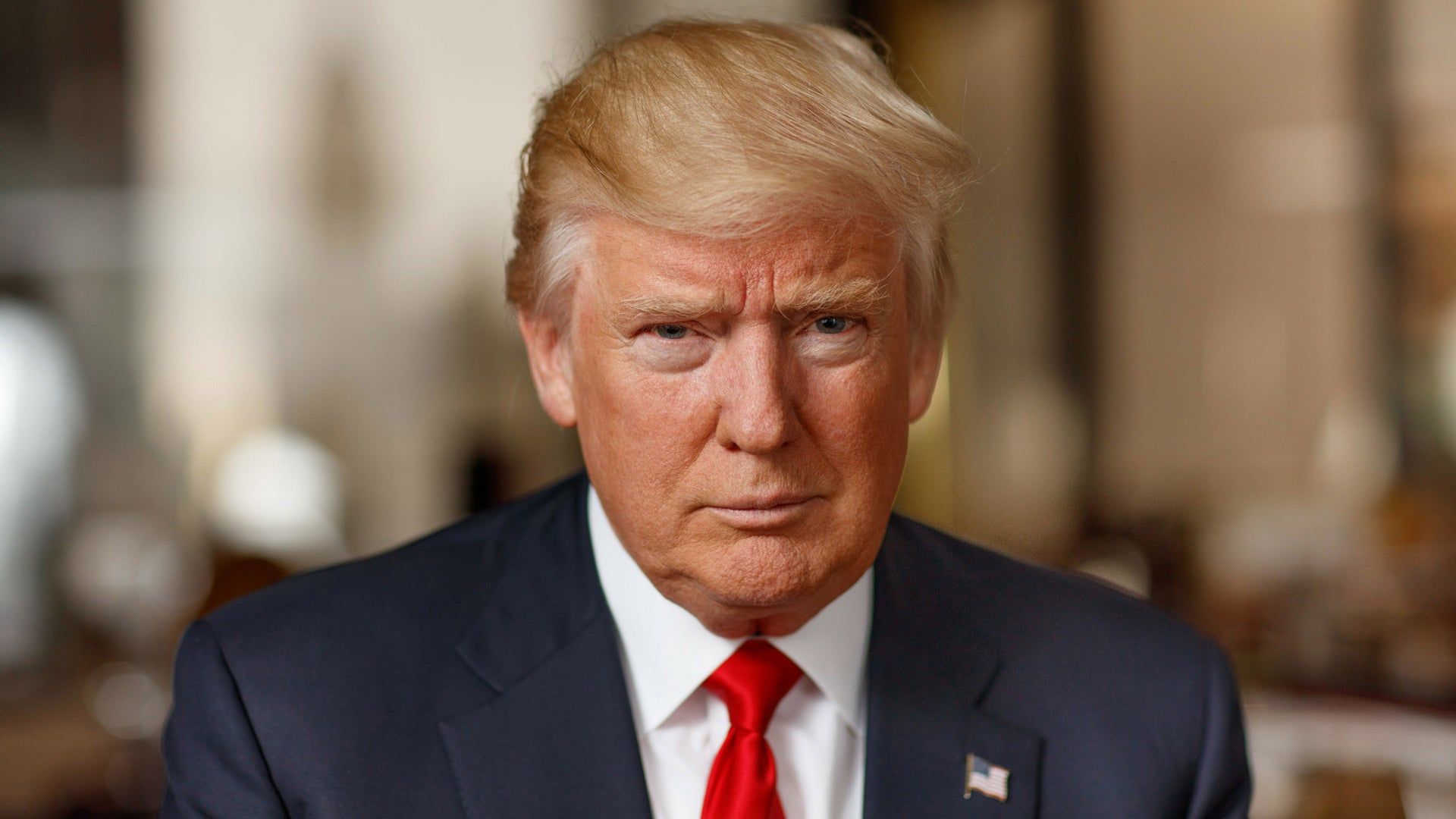
The landscape of public discourse in the digital age is often fraught with rapid-fire commentary, and sometimes, those comments boomerang back to the sender with unexpected force. Such was the case recently when Meghan McCain, known for her candid and often controversial opinions, directed a critical remark at climate activist Greta Thunberg. What began as a seemingly casual jab at Thunberg’s hairstyle quickly escalated into a widespread online debate, not just about the comment itself, but about the commentator’s own history and perceived inconsistencies.
This incident provides a compelling case study in the complexities of online interactions, particularly when public figures engage in personal critiques. The immediate aftermath saw a torrent of reactions, highlighting the swiftness with which social media can amplify both the original statement and the subsequent counter-arguments. More significantly, the backlash brought into sharp focus questions of hypocrisy, past grievances, and the enduring challenge of maintaining substantive debate in a culture often preoccupied with superficialities.
To truly understand the multifaceted nature of this controversy, it is essential to delve into its various layers. We will explore the specifics of McCain’s initial comment, the immediate and varied responses it provoked, and the pivotal role that the internet’s collective memory played in unearthing past statements and images. This examination will reveal how a seemingly minor critique of appearance quickly evolved into a broader discussion about public personas, consistency, and the ethical boundaries of commentary in the public sphere.

1. **The Initial Diss: McCain’s Attack on Thunberg’s Appearance**The spark that ignited this online firestorm was a post by Meghan McCain on X, formerly Twitter, which explicitly targeted Greta Thunberg’s physical appearance. McCain wrote in a now-deleted post, “I refuse to take anyone talking about politics seriously with uneven bangs and this sh-tty Lord Farquaad hair.” This direct statement compared the 22-year-old activist’s haircut to Lord Farquaad, the cartoon villain from “Shrek,” a character instantly recognizable for his distinctive short bob.
The context for McCain’s comment was a video clip of Greta Thunberg speaking about profound global challenges. The activist was addressing serious global issues, including genocide, fascism, and colonization, topics that carry immense weight and urgency. By focusing on Thunberg’s hair, McCain deliberately shifted the public’s attention from the gravity of Thunberg’s message to a superficial critique of her look, effectively dismissing her political voice through a personal attack.
This move by McCain, a figure with a significant platform, immediately drew attention. The deletion of the post after it had already circulated widely underscored the contentious nature of the comment and perhaps an acknowledgment of the controversy it was generating. However, the screenshot culture of the internet ensured that the original words would continue to fuel the discussion long after their official removal.

2. **The Immediate Backlash: A Torrent of Criticism on X**No sooner had McCain’s post gone live than the online community, particularly on X, responded with an immediate and widespread condemnation. Critics swiftly pushed back against what many perceived as a petty and inappropriate attack. The swiftness of the backlash illustrated the public’s low tolerance for personal insults, especially when directed at someone advocating for critical global issues.
Many X users expressed their dismay and disapproval, characterizing McCain’s comment as mean-spirited and lacking in substance. One user sharply retorted, “I refuse to take anyone talking about politics seriously when they have to use their last name to get them places,” a direct jab at McCain’s lineage as the daughter of the late Senator John McCain. This particular critique underscored a broader sentiment that McCain’s platform might be more a product of inherited privilege than earned credibility.
Further comments amplified the collective disapproval. Another X user implored, “Whether you agree with her or not.. why the mean girl comment? Surely, you must know what it feels like when someone criticizes your appearance. Do better!” This highlighted the perception of McCain engaging in behavior she herself had criticized in the past. A third commentator succinctly captured the prevailing sentiment by stating, “A person’s appearance has zero to do with their integrity or passion about any cause. You should delete this. It’s beneath even you.” These reactions collectively formed a powerful counter-narrative, challenging the validity and ethics of McCain’s approach to public debate.

3. **The Irony Unveiled: Resurfacing McCain’s Own Hairstyles**Perhaps the most potent aspect of the online backlash was the immediate and widespread effort by critics to highlight the profound irony of Meghan McCain’s attack. Users on X wasted no time in digging up and sharing collages of McCain’s own past hairstyles, many of which had been subjects of public discussion or ridicule at various points in her career. This act of collective memory served to turn the tables squarely on McCain.
Photos of McCain sporting various “questionable hair moments” and “bold experiments with her hair over the years” flooded timelines. These included images of her wearing “puffs and a ponytail,” as well as a “faux mohawk,” alongside other distinctive looks she had presented during her time on television. The visual evidence directly contrasted with her current critique of Thunberg, creating a clear perception of hypocrisy. One fan posted a side-by-side set of photos of McCain, directly asking, “Who is hair shaming again???”, perfectly encapsulating the ironic situation.
The sentiment accompanying these resurfaced images was often biting and critical. Comments like, “It’s always fun to remember how much the stylists hated MegNut,” showcased a cynical take on McCain’s past styling choices, suggesting a perceived lack of judgment or consistent aesthetic. This collective action by internet users effectively used McCain’s own visual history as a weapon against her, undermining the credibility of her criticism of Thunberg’s appearance and demonstrating a classic case of the ‘boomerang effect’ in digital public relations.

4. **Hypocrisy in the Spotlight: McCain’s Past Stance on Body Shaming**The accusations of hypocrisy against Meghan McCain were not solely confined to her past hairstyles but extended deeply into her previous public statements regarding personal appearance and body shaming. Critics were quick to point out a stark contradiction between her recent actions and her own documented pleas for respect and substance over superficial judgment.
In March 2020, during an episode of “The View,” McCain had expressed frustration and discomfort about comments related to her physical appearance. She stated unequivocally, “I would like to talk about politics and not have every comment be about the way I look and my weight. It makes you feel weird.” She further emphasized the gender disparity in such criticisms, adding, “Men just don’t have that problem. Everyone talks about how we look on this show all the time. Can’t you just hear what we have to say?”
This powerful appeal for a focus on ideas rather than aesthetics stood in stark contrast to her current attack on Greta Thunberg’s hair. The immediate recall of these past comments by the online community served to intensify the criticism, fueling the narrative that McCain was engaging in the very behavior she had publicly decried. This perceived inconsistency made her current critique of Thunberg’s appearance particularly galling to many, solidifying the charges of hypocrisy and undermining her moral standing in the debate.

5. **Bullying Accusations: McCain’s Own Experience on ‘The View’**The layers of irony and perceived hypocrisy continued to deepen as the backlash against Meghan McCain’s comments on Greta Thunberg also brought to light her own past experiences with, and vocal condemnations of, bullying. This added another complex dimension to the controversy, prompting questions about her empathy and consistency in public conduct.
In 2023, McCain openly claimed to have been subjected to bullying by her former co-hosts on “The View,” even two years after her departure from the daytime talk show in 2021. Speaking on Michael Malice’s “You’re Welcome” podcast, she articulated her feelings of being perpetually targeted, stating, “The thing about The View is that I didn’t know when I signed my contract with ABC that this is forever, that for the rest of my life, I’m going to be bullied, yelled at, abused, and brought up for years.” She went on to refer to her former co-stars as “crazy old people” who constantly subjected her to criticism.
This history of feeling bullied and abused herself made her recent attack on Thunberg’s appearance particularly problematic in the eyes of many critics. The irony of someone who has publicly spoken out against being bullied then engaging in what was widely perceived as a bullying tactic – by ridiculing a young activist’s looks – did not escape the notice of the online community. This further complicated the narrative, positioning McCain not just as a critic, but as someone seemingly perpetuating the very cycle of public shaming she claimed to have endured.

6. **Beyond Hair: Critics Questioning McCain’s Substance**The criticism leveled against Meghan McCain extended beyond merely pointing out hypocrisy in her stance on appearance-based comments. A significant part of the backlash delved deeper, questioning the overall substance and intellectual integrity of her public remarks and her contributions to political discourse.
Many argued that McCain’s jab at Thunberg’s appearance was not just inappropriate, but indicative of a broader pattern. Commenters suggested that McCain “had no right to insult Thunberg’s appearance, given that her own record of public remarks has leaned heavily on criticism rather than substance.” This assessment highlights a perception that McCain frequently resorts to personal attacks or superficial critiques rather than engaging with the core issues at hand.
Another poignant comment underscored this sentiment: “Imagine Meghan McCain criticizing anyone’s appearance.” This statement, widely shared, subtly but effectively questioned McCain’s authority or standing to make such judgments, given what many perceived as a history of prioritizing drama and controversy over analytical depth. The implication was clear: by focusing on trivialities, McCain herself detracts from the serious conversations she claims to be a part of, thus diminishing her own impact and credibility in the political arena.
Building on the intense initial reaction, the incident involving Meghan McCain and Greta Thunberg reveals deeper patterns in public figures’ interactions and the pervasive influence of social media. The criticism leveled against McCain quickly expanded beyond her specific comment, prompting a broader examination of her public persona and the contrasting approaches to activism and discourse. This broader perspective helps to illuminate the enduring lessons of the ‘boomerang effect’ and the shifting landscape of accountability in the digital age.



